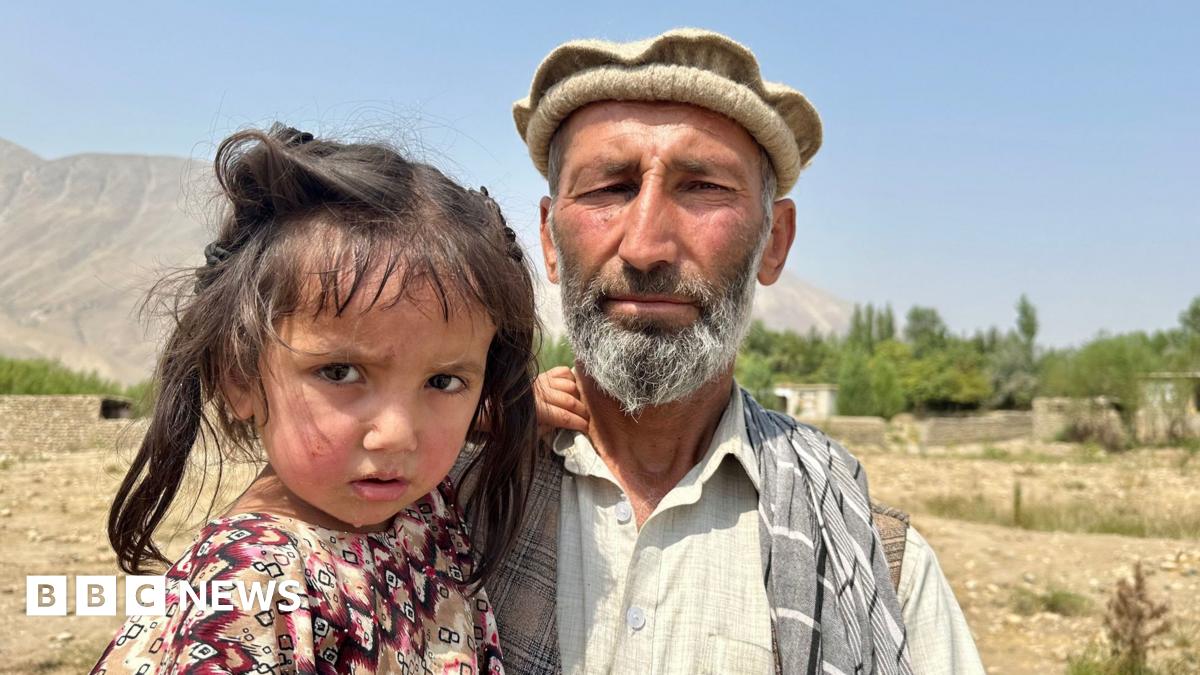But no reinforcements are coming because of the Taliban government’s restrictions on women. Three years ago, all higher education, including medical education was banned for women. Less than a year ago, in December 2024, training for midwives and female nurses was also banned.
At a discreet location, we met two female students who were midway through the training when it was closed. They didn’t want to be identified for fear of reprisal.
Anya (name changed) said they both were in graduate courses at university when the Taliban took over. When those were closed in December 2022, they began midwife and nursing training, as it was the only path left to getting an education and a job.
“When that was also banned, I became depressed. I was crying day and night, and I wasn’t able to eat. It’s a painful situation,” she said.
Karishma (named changed) said: “There is already a shortage of midwives and nurses in Afghanistan. Without more being trained, women will be forced to give birth at home which will put them at risk.”
We asked the Taliban government’s Suhail Shaheen how they can justify bans which effectively curb access to health for half the population.
“It is our internal issue. These are our issues, how to handle them, how to consider them, how to take decisions, this is something internal. That is up to the leadership. Based on the needs of the society, they will take a decision,” he said.
With their access to medical services severely restricted, by wave after wave of crushing blows, for Afghanistan’s women, their right to health, and life itself, is at grave risk.
Additional reporting, photography and video: Aakriti Thapar, Mahfouz Zubaide, Sanjay Ganguly
Top image shows Abdul with his daughter and son in Shesh Pol.
